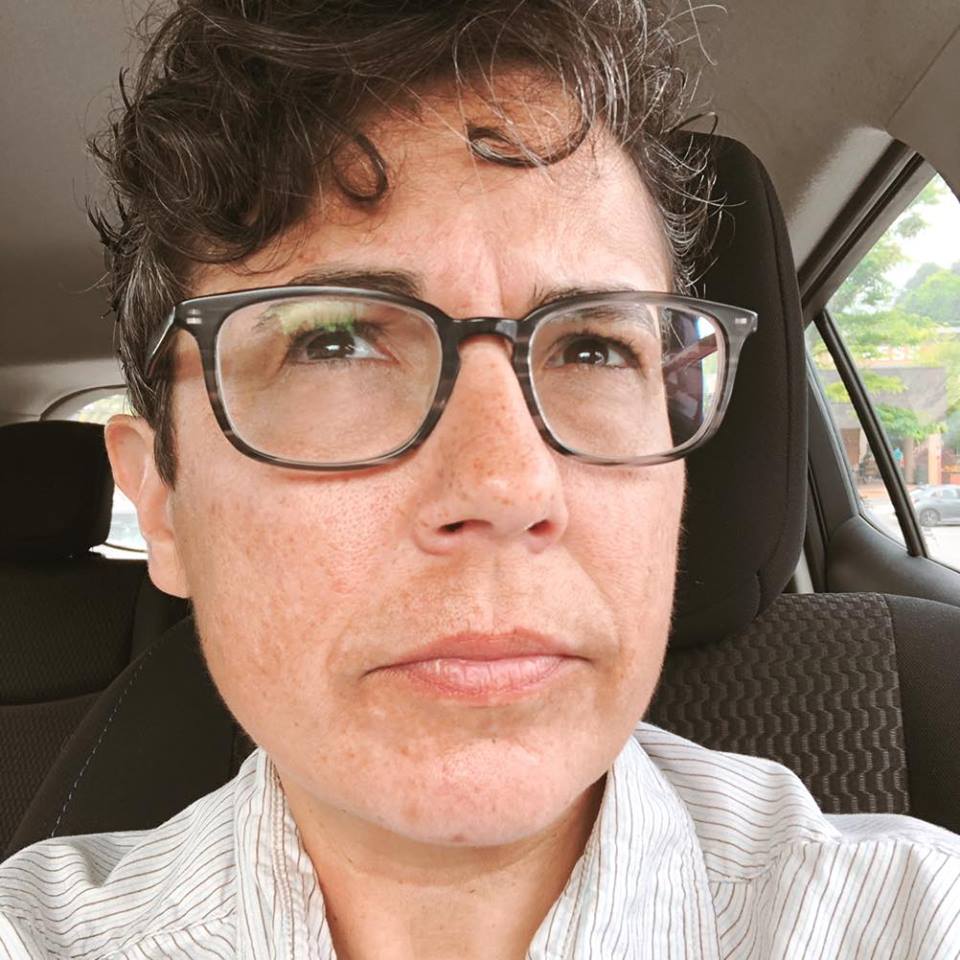The American Psychological Association says using “they” as a singular third-person pronoun is now official APA Style, receiving praise from supporters and members of the LGBTQ+ and nonbinary communities who say the move is another step toward inclusivity for all people.
The APA made the endorsement in an Oct. 31 blog post titled, “Welcome, Singular ‘They,’” as part of its announcement of the release of the seventh edition of the Publication Manual of the American Psychological Association.
“APA advocates for the singular ‘they’ because it is inclusive of all people and helps writers avoid making assumptions about gender,” Chelsea Lee wrote in the blog.
The blog also gives several detailed examples on how and when to use “they” especially in two main cases: when referring to a generic person whose gender is unknown or irrelevant to the context, and when referring to a specific, known person who uses “they” as their pronoun.
And if you don’t want to use the singular “they?” Too bad, the APA says.
“If you are writing about a person who uses ‘they’ as their pronoun, then yes, you have to use it. Respectful and inclusive language is important. And it’s part of APA Style,” Lee wrote.
The APA is the leading scientific and professional organization in the U.S. representing psychology with more than 118,000 members. APA Style is the common formatting and writing style used in research papers and scholarly journals for the social sciences including psychology and sociology as well as education.
APA Style has allowed for the singular use of “they” in certain instances, but with the release of the 7th edition of its publication manual, the word is now required and is “officially good practice.”
On Twitter, several LGBTQ+ advocates and regular users of APA style applauded the APA’s decision.
“Respectful and inclusive language is important.”
We agree, @APA_Style! 😄https://t.co/5vZMcRSfES— National Center for Transgender Equality (@TransEquality) November 5, 2019
Dear @APA: As a genderfluid enby and an academic librarian, THANK YOU FOR UPDATING YOUR STYLE & DELIBERATELY INCLUDING “THEY.” Having such a vital resource where everyone can see themselves, especially in academia & academic learning, is vital.💜💜💜 #ACRLChoiceWebinars #APAStyle
— Addy, Elsewhere [Author, Cybrarian, Chaotic Bi] (@SkeptiCybrarian) October 24, 2019
Such a positive, inclusive change! #APAStyle #diversitymatters https://t.co/SO8qcGnvjm
— Aryanne de Silva, PhD (@AryannePhd) November 5, 2019
As a grammar nerd, I’m thrilled to see this is in an official capacity. #inclusive #APAStyle #grammar #theythem #equality #inclusionmatters #inclusivegrammarhttps://t.co/MESVItJYfh
— Lacie Levy (@thelacielevy) November 6, 2019
Merriam-Webster, the Associated Press Stylebook and the Chicago Manual of Style in recent years have also embraced singular use of “they.” However, AP Style and Chicago Style allow for it in only limited instances.
Alex Kapitan is a “radical copyeditor” who works with authors “to align their words with their values of inclusion.”
APA Style’s decision to mandate the singular of “they” in all academic writing is “incredibly significant,” Kapitan said.
“For years, untold numbers of people have used adherence to ‘proper grammar’ as a reason to disrespect nonbinary people’s self-determination,” Kapitan said in an email to Equally Wed.
“There is no overstating how significant this is,” Kapitan added. “What this means is that so-called ‘proper grammar’ can no longer be used to justify transphobia.
“When mainstream arbiters of what’s proper and real mandate respect for nonbinary people, it becomes increasingly difficult for those who resist the very existence of nonbinary people to be seen as reasonable,” Kapitan said.
“That matters greatly.”

































